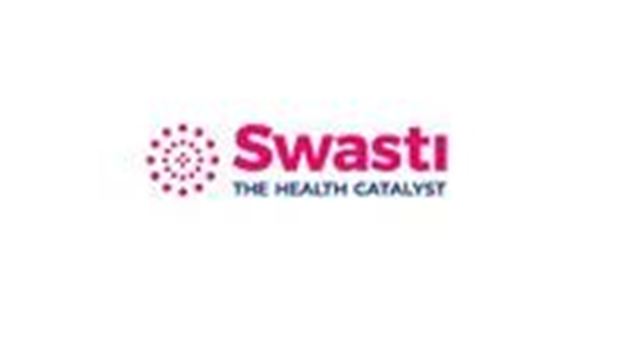
November 11, 2024,India : The Department of Community & Family Medicine, All India Institute of Medical Sciences (AIIMS), Bathinda (Punjab) in collaboration with Swasti, The Health Catalyst, has jointly launched an advisory to help communities prepare for the upcoming winter and cold waves. According to India Meteorological Department (IMD) following an intense summer, India may face a harsher than expected winter, with temperatures potentially dropping as low as 3°C.
The advisory highlights that the groups most vulnerable to extreme cold conditions include elderly, infants, children, pregnant women, immunocompromised individuals, disabled people, homeless and economically disadvantaged population, outdoor workers, street vendors, construction workers, agricultural labourers and even livestock. Additionally, cold waves and frost can damage crops by causing diseases like black rust and late blight, disrupting germination, growth, flowering, yield, and storage life.
Dr. Angela Chaudhuri, Chief Catalyst from Swasti, says, “We are dedicated to fostering well-being for all in a changing climate. Through our continued efforts to launch seasonal guidelines for vulnerable populations, this Winter Advisory, supported by the Department of Community & Family Medicine, AIIMS, Bathinda (Punjab), is a step toward building resilience to the impacts of climate change and advancing Swasti’s mission of bringing healthy days for the communities in need. This collaboration highlights the crucial role of partnerships in collectively tackling this global challenge.”
Dr. Rakesh Kakkar, Professor and Head at Department of Community & Family Medicine, AIIMS, Bhatinda (Punjab), while appreciating the efforts of Swasti, comments, “In response to the urgent need for preparedness this winter, we are launching a comprehensive Winter Advisory Toolkit in collaboration with Swasti to drive timely and widespread awareness. This initiative aims to help prevent seasonal distress among the population by providing clear and actionable guidance. We strongly advise the public to follow these guidelines closely to reduce confusion and enhance safety during the colder months.”
The advisory exhaustively encapsulates the signs of cold-related illnesses like shivering, hypothermia, frostbite, immersion foot and chilblain, and highlights the key health concerns during the winter including pneumonia, strep throat, asthma and acute bronchitis. It is advised to adopt a healthy lifestyle that will help to cope with extreme cold and winter weather conditions. For example, during winters, it is advised to stay hydrated, engage in indoor physical activity and include food items, spices and herbs that have warming properties and strengthen the immune system.
During intense cold waves, it is crucial to prioritise safety and well-being. The advisory mentions the importance of staying indoors whenever possible. To ensure indoor comfort, individuals are advised to ensure proper ventilation, maintain hygiene and cleanliness, grow air purifying plants like neem or tulsi and keep taking steam with eucalyptus oil. Engaging in meditation and hobbies and limiting screen time can improve one’s mental health. If going outdoors, wear multiple lightweight clothing layers to trap heat that will ensure proper circulation.
By adhering to these guidelines, individuals can safeguard their health and well-being during extreme cold conditions. AIIMS Bathinda and Swasti’s joint advisory underscores the urgent need for proactive measures in response to the upcoming seasonal change. By raising awareness about cold-related illnesses and promoting practical strategies for staying safe in winter, this initiative aims to protect the most vulnerable members of the communities.
